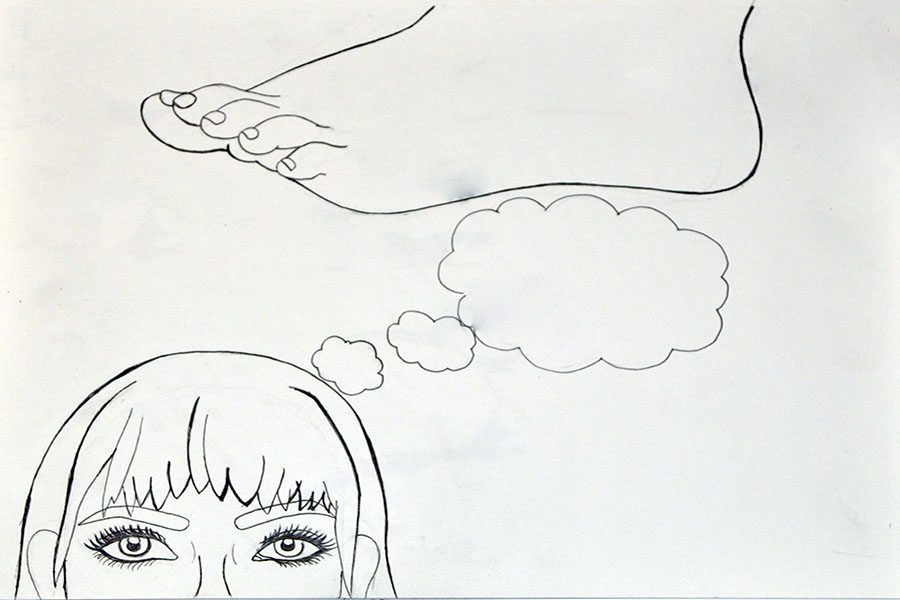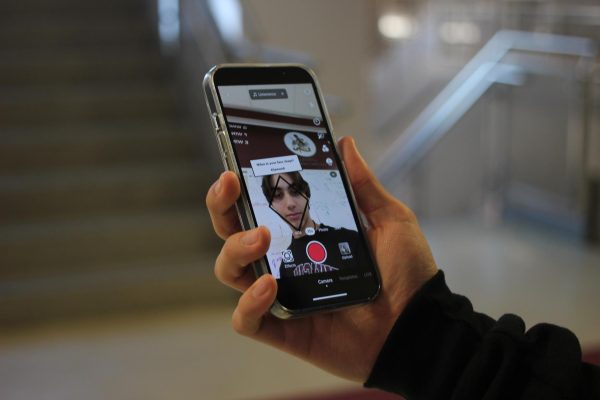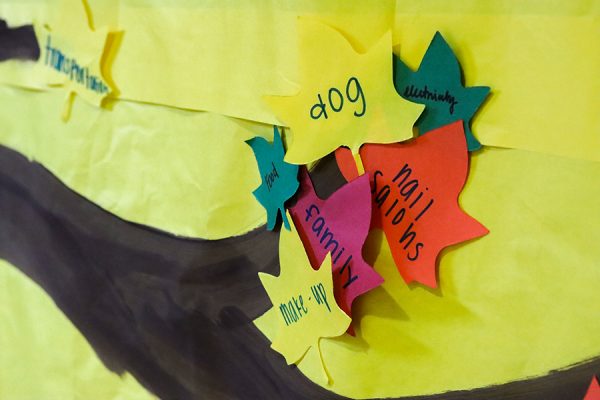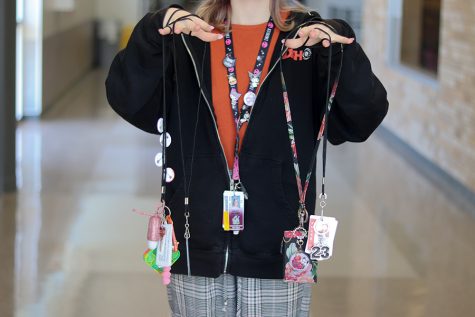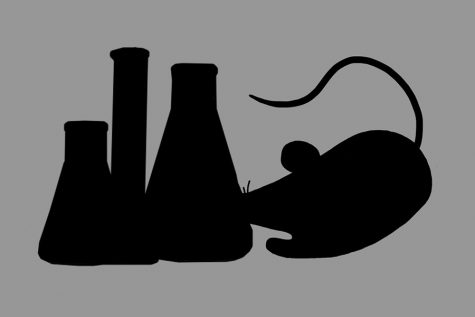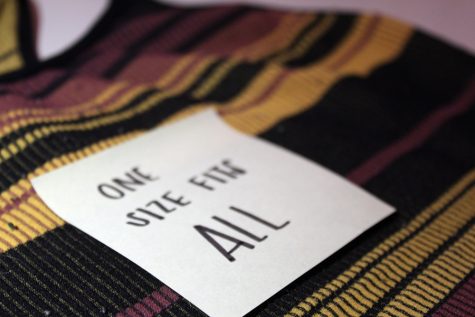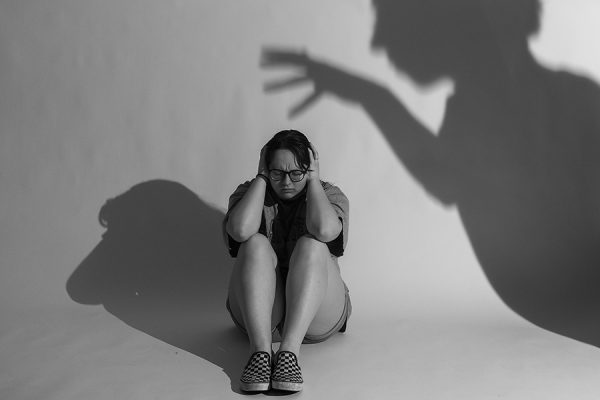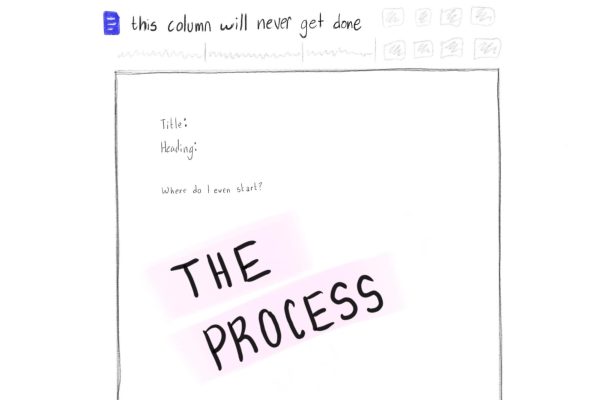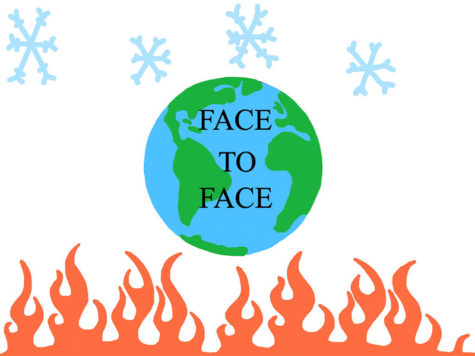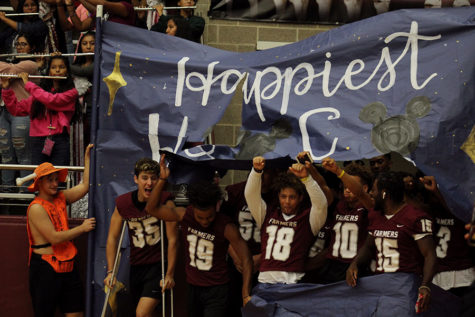Editorial: Trading jokes for tears
Acceptance is no laughing matter
“No one can take a joke these days,” the gangly teenage boy types on his phone while rummaging through his bag of cheetos. Smacking his lips, he reaches for his can of Dr. Pepper, takes a sip and lets out a deafening burp. He puts the can back down and proceeds to hit the ‘tweet’ button. While waiting for his statement to garner attention, he scrolls through his feed and sees the same idea worded in many different ways, a common sentiment among our generation.
Millennials are much more open about their problems than previous generations, which promotes acceptance. They more openly express their self identities and talk about their mental illnesses, physical disabilities or traumatic events that have shaped them. Although this does hold an air of solidarity, not everyone can be accepting and being open about one’s personal problems can make some uncomfortable.
The annoyance that stems from “no one taking a joke” is directed at not just political correctness among millennials, but the overall shift of humor that has come with our generation. Instead of being open minded, a quality that makes our generation unique, we have resorted to the tactic of overlooking and generalizing groups who seek understanding and solace when they share their struggles.
Those who make the mistake of overspeaking on what does and does not offend these groups of people among us, often have no knowledge of what they are voicing either, leading to a social loop of ignorance and enlightenment.
If we, as a generation, take the time to be open minded and attentive, then it may be possible to come together to learn about creating safe spaces for those who make up our diverse society and prevent conflict.
The uncomfortable feeling that comes from accepting these changes to a society, which for years has purposefully turned a blind eye and disregarded groups that went against or challenged the popular social tide of the time, has resulted in a queer and twisted sense of humor. This humor targets and attacks those who have chosen to open up. We find ourselves either forced to defend or reflect.
The objectification of women has always been one of the most taboo topics. And if women were to choose to openly express their sexualities, they would be looked down upon or dehumanized, despite the societal norm. In the past, certain women have spoken out against this objectification, only to be mocked or not taken seriously.
Recently, singer Ariana Grande has voiced how it contributes to women’s sense of fear and inadequacy. She spoke from her own personal experience, stating how she is not a piece of meat that a man gets to utilize for pleasure, but an adult human being in a relationship with a man who treats her with love and respect. Grande encouraged fans on Twitter to be vocal when something makes them feel uncomfortable because if they don’t, it will just continue. She then ended her message by reminding her fans how women are not prizes, but queens instead.
In this case, Twitter users who reflected on the argument told Grande that “It was not that serious.” Discussions about objectification among women and other suspect class groups alike are not taken into account because a lot of people brush it off as something that should not be taken seriously because there are bigger problems in the world.
In a lot of these cases, most people who decide that it is a matter that should not be taken seriously are those who have never experienced a similar situation. They are speaking of something that they have no emotional backing on.
The solidarity and discussions about topics that are usually considered taboo have somewhat blurred social barriers of different groups. There is no set concept of boundaries, and even if there is, it is not strong enough to be implemented. The feeling of solidarity has convinced us that we are all one and the same; that we are all equal. Although this is true, our society is still composed of many different races, ethnicities, cultures and traditions. We are all very unique and it’s important that we preserve this uniqueness while being equal at the same time.



